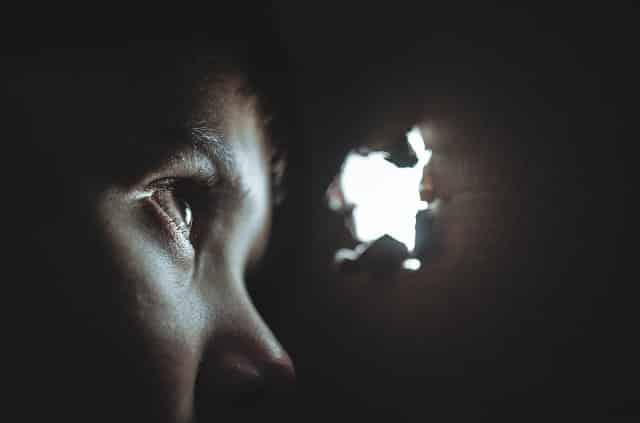
New York state legislators have passed a new law called the Child Victims Act, which will extend both the criminal and civil statutes of limitations in cases of child sexual abuse. Governor Andrew Cuomo has announced that he will sign this act into law. The Act passed in the Assembly by 130-3 and in the Senate by 63-0.
Under current rules, victims are required to file lawsuits or seek criminal charges by the time they’re 23 years old. This new law extends that age to 55 for lawsuits and 28 for criminal charges.
Additionally, the bill has a one-year-window which allows anyone to bring a lawsuit for cases that have already passed the current statute of limitations. This means that for one year after the bill is signed into law, sexual abuse victims can bring lawsuits regardless of when the abuse occurred.
Survivors and advocates pushed hard for this legislation for years, saying that for many victims, it can take years or even decades to come forward. They hope that this new law will make it easier for survivors to find justice as adults for the abuse they suffered as children.
The Catholic Church was originally a major opponent of the Child Victims Act, but dropped its opposition last week when lawmakers added a revision that would treat public and private schools and organizations the same way.

Attorney contributor Laurence Banville represents survivors of sexual abuse in civil cases. We’ve asked him to share information concerning how taking legal action can help survivors find justice:
Child sexual abuse creates lifelong trauma for survivors. In many cases, these survivors are afraid to come forward to tell their stories – many times because the abuser is someone in a position of trust or authority. In the past, this has meant that many adult survivors of sexual abuse have been unable to find justice for the trauma they’ve suffered. Fortunately, the new Child Victims Act will provide countless victims with the opportunity to find the justice they’ve so long been denied.
While law enforcement handles the criminal prosecution of sexual predators, victims can also take their own direct action by filing a civil claim against their abuser and/or third parties who enabled the abuser to occur – such as a religious organization, youth organization, school, etc. Sadly, many cases of child sexual abuse involve third-party negligence, such as a religious organization covering up abuse and allowing the abuser to move to another church instead of firing him and reporting the abuse to law enforcement. These types of cases often provide strong grounds for a lawsuit for survivors and their families.
If you or a loved one is a survivor of child sexual abuse, our experienced sexual abuse survivor attorneys want to help your family find justice for what you’ve gone through. You can learn more about your legal options by contacting us for a free consultation.
 info@legalherald.com
info@legalherald.com